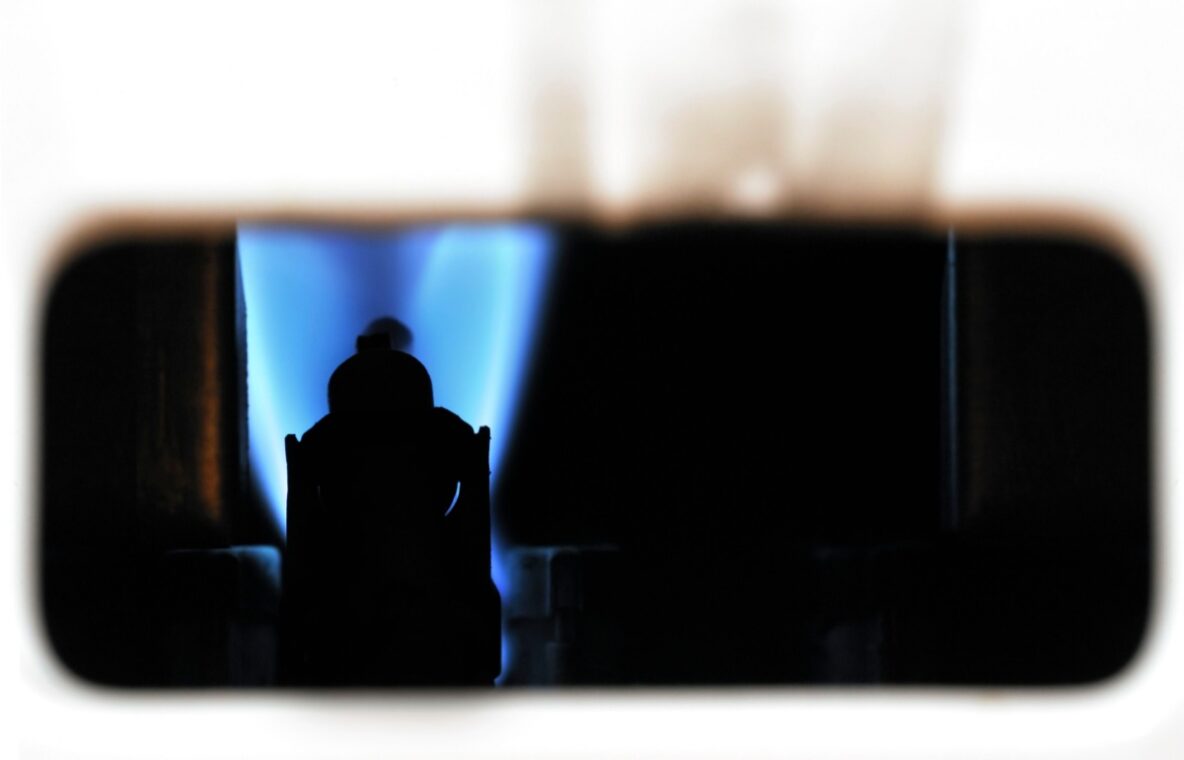Natural gas is a convenient and efficient way to power our homes. Many of us use gas appliances to do everything from keeping us warm in the winter to helping us cook delicious meals. Unfortunately, gas leaks are an all-too-real threat, potentially leading to fires, explosions, and even carbon monoxide poisoning. These dangers highlight the importance of gas leak prevention. By taking proactive measures, you can significantly reduce the risk of gas-related issues and ensure the safety of your loved ones.
Inspect Appliances Regularly
One of the most effective ways to prevent a gas leak in your home is through regular inspections of your gas-powered appliances. By routinely checking these appliances, you can identify potential leaks before they become serious issues. Here’s a checklist of common gas appliances to inspect:
- Furnaces: Look for any signs of wear and tear on hoses or discoloration around gas lines. Also, ensure the pilot light is burning blue and not yellow or orange, which can indicate an issue.
- Water Heaters: Check for rust or corrosion on the tank, and ensure that all connections are tight. Listen for any unusual sounds that could indicate a problem. If you suspect an issue, contact your local plumber for a water heater repair.
- Stoves: Make sure the burners are clean and that there are no gas odors when they are off. Inspect the connections and hoses for any signs of wear.
- Clothes Dryers: Ensure the exhaust vent is clear and that the connections are secure. Check for any unusual smells or noises during operation.
- Fireplaces: Inspect the gas logs and connections. Look for soot buildup or discoloration around the gas lines and vents.
For detailed maintenance instructions, consult the manuals provided with your appliances. Regular inspections can significantly reduce the risk of a gas leak in your home.
Maintain Proper Ventilation
Proper ventilation is crucial in preventing the buildup of gas and ensuring that any leaks are quickly dissipated. Ensure that all rooms with gas appliances have adequate ventilation. This includes using exhaust fans and keeping windows slightly open to allow for air circulation.
Be sure to have any vents, flues, and chimneys connected to your gas appliances inspected on a routine basis to prevent obstructions and allow combustion byproducts to be safely distributed outside your home. Also, don’t block vents or air intakes with furniture, curtains, or any other object to keep a steady flow of air.
Know the Signs of a Gas Leak
The best gas leak prevention tip we can provide you is to recognize the signs of a gas leak. When you can identify these signs, you can prevent a potentially hazardous situation from affecting you and your family. Here are some telltale signs to watch for:
- Smell of Gas: Natural gas has a distinct odor often described as rotten eggs or sulfur. This odor is added to the gas specifically for leak detection purposes. If you smell gas in your home, don’t ignore it!
- Hissing Sound: A hissing or whistling sound near a gas line or appliance can indicate a leak.
- Dead Plants: Unexplained dead or dying plants near gas lines can be a sign of a leak.
- Physical Symptoms: If you or your family experience symptoms like headaches, dizziness, nausea, or shortness of breath, it could be due to a gas leak.
If you detect any of these issues, evacuate your home immediately and call your gas company and an expert plumber for a gas pipeline inspection. Do not use any electrical devices, including phones, until you are safely outside, as they can ignite the gas.
Install and Maintain Carbon Monoxide Detectors
Carbon monoxide (CO) is a byproduct of incomplete gas combustion and is odorless, making it particularly dangerous. Installing and maintaining CO detectors is a critical step in gas leak prevention. If you’re thinking about getting a gas leak detector for the home, be sure to install a device on every floor of your home, especially near sleeping areas. This ensures that you will be alerted even while you’re asleep.
Also, test your CO detectors monthly to ensure they are functioning correctly. Most detectors have a test button for this purpose. If you already have a carbon monoxide detector, make sure you get it replaced every 5-10 years, depending on the manufacturer’s recommendations. This ensures they remain effective in detecting gas leaks.
Suspect a Leak? We’ll Test Your Gas Line for Leaks Today
Preventing gas leaks in your home is essential for the safety and well-being of your family. By inspecting your appliances regularly, maintaining proper ventilation, knowing the signs of a gas leak, and installing CO detectors, you can significantly reduce the risk of a gas leak. If you need to fix a gas line leak, contact Saffer Plumbing, Heating & Electrical. Our team of experts is dedicated to keeping your home safe and secure with professional gas leak detection and repair services in Baltimore, MD.

